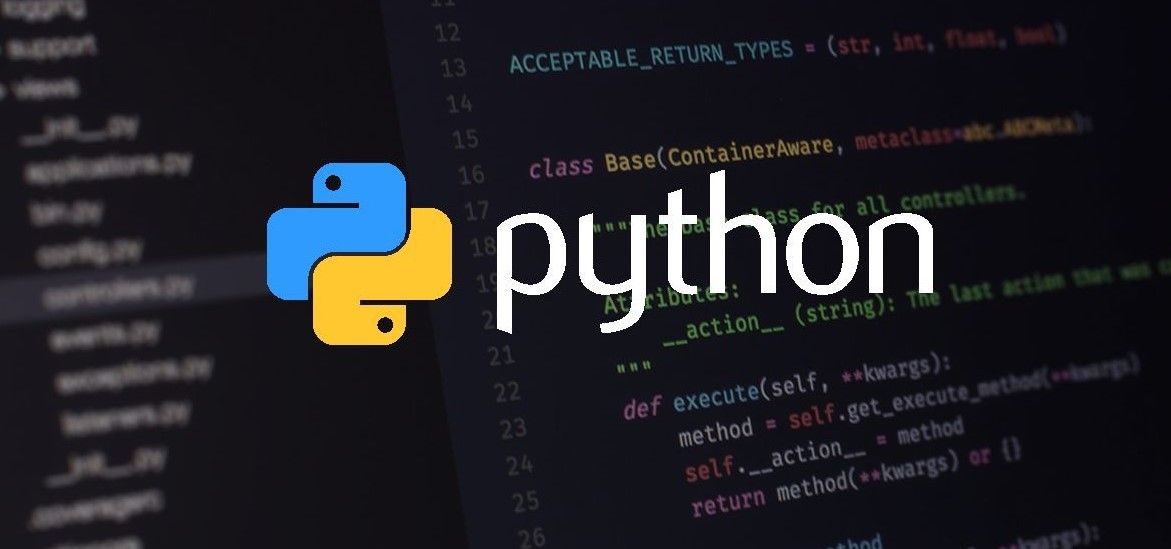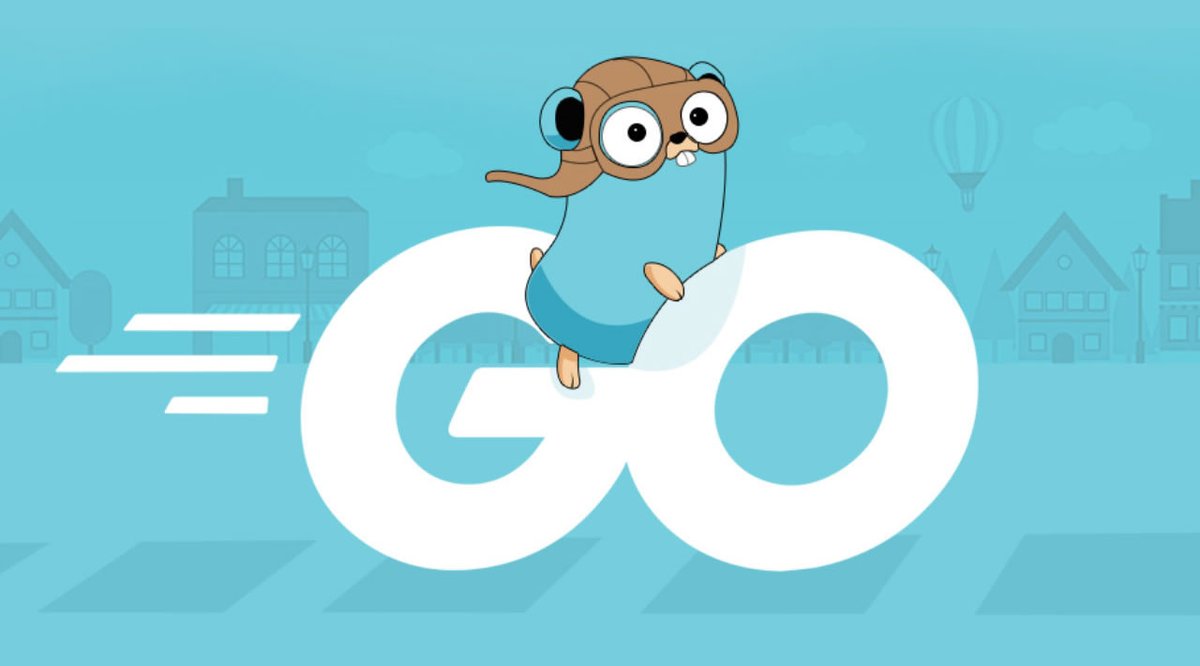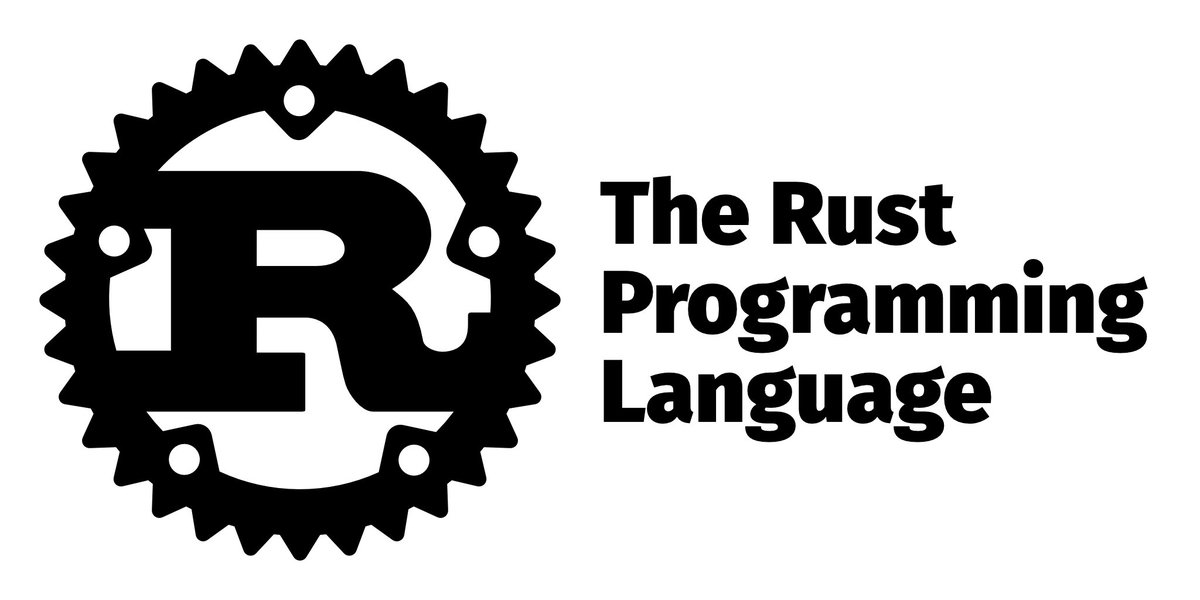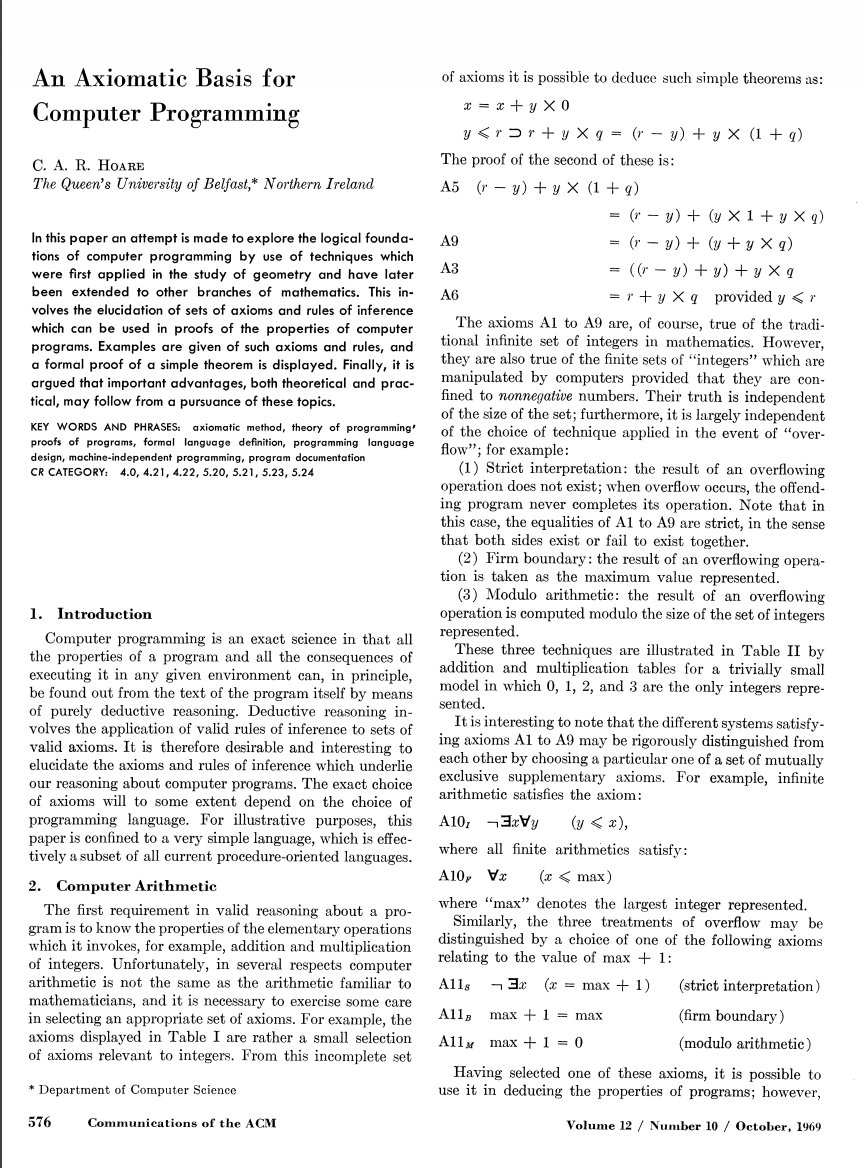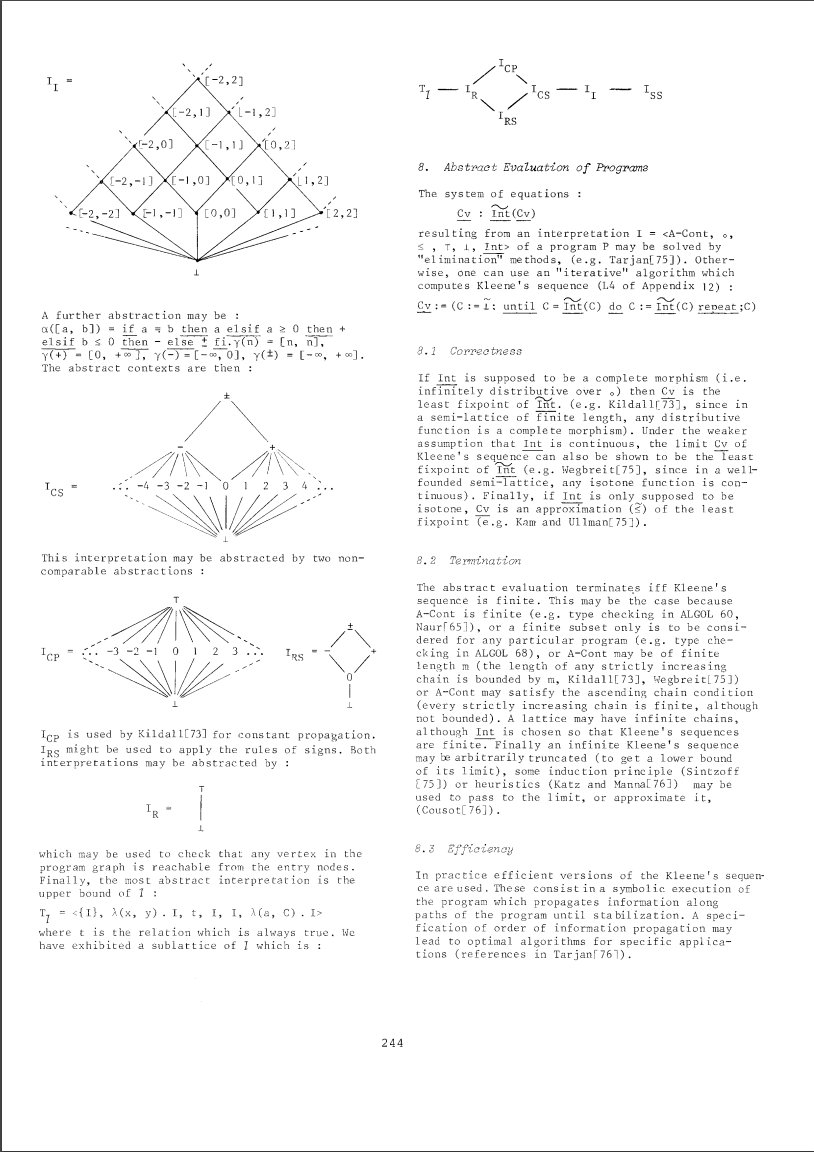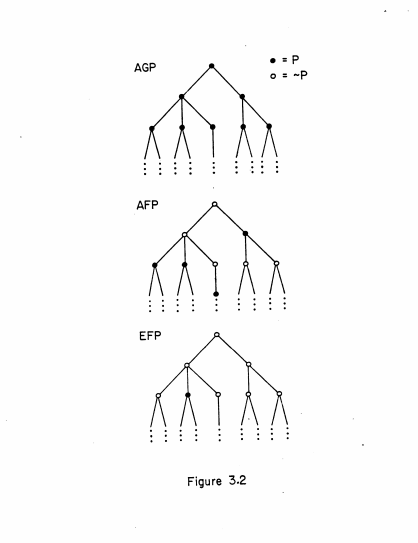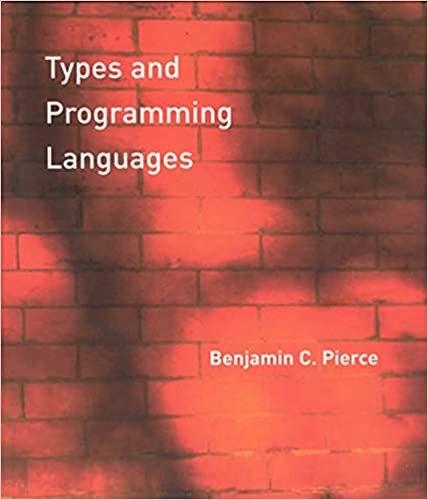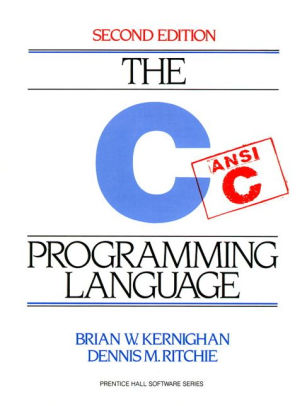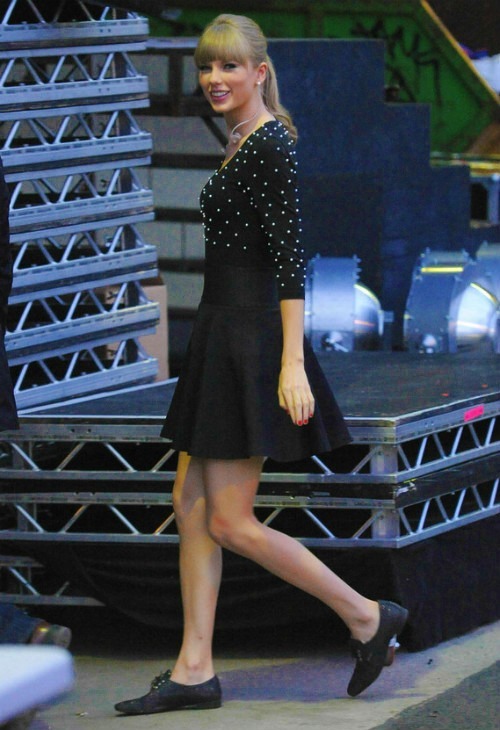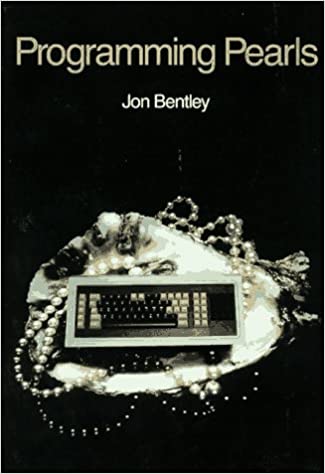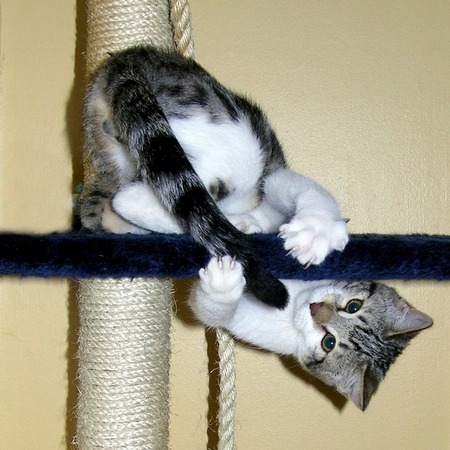
Something I've been thinking about: "bonus skills," the skills that don't necessarily get advertised, but are often the most transferable across life stages.
Here's a thread of the bonus skills I learned at different stages of my education and career. Curious to hear yours.
Here's a thread of the bonus skills I learned at different stages of my education and career. Curious to hear yours.
In undergrad, I learned how to:
📚 Skim hundreds of pages in one hour and have something intelligent to say.
🙇🏻♀️ Be okay with not being the smartest or the most interesting person in the room.
🤝 Be okay relying on other people when working under high pressure.
📚 Skim hundreds of pages in one hour and have something intelligent to say.
🙇🏻♀️ Be okay with not being the smartest or the most interesting person in the room.
🤝 Be okay relying on other people when working under high pressure.
In grad school, I learned how to:
⏲ Be okay working like crazy right up until the minute of a deadline.
⏳ Be able to wait months and sometimes years for results.
🧘🏻♀️ Decouple my identity from work outcomes.
💖 Lean on my friends for support and sanity.
⏲ Be okay working like crazy right up until the minute of a deadline.
⏳ Be able to wait months and sometimes years for results.
🧘🏻♀️ Decouple my identity from work outcomes.
💖 Lean on my friends for support and sanity.
When I was on the faculty job market, I learned to:
🔎 Practice talks so much you could wake me up in the middle of the night and I'd be ready to go.
⚡️ Be "on" for days straight.
🤷🏻♀️ Stop paying attention to what people are saying about you in the stackrank gossip mill.
🔎 Practice talks so much you could wake me up in the middle of the night and I'd be ready to go.
⚡️ Be "on" for days straight.
🤷🏻♀️ Stop paying attention to what people are saying about you in the stackrank gossip mill.
As a faculty member, I learned to:
🙅🏻♀️ Say "no."
🍎 Put aside whatever I was doing and focus on lecture (or substitute anything else here) 2-3 times a week.
🤔 Work even harder by clearing my head and not angsting.
😴 Take time off before the work is done.
🙅🏻♀️ Say "no."
🍎 Put aside whatever I was doing and focus on lecture (or substitute anything else here) 2-3 times a week.
🤔 Work even harder by clearing my head and not angsting.
😴 Take time off before the work is done.
• • •
Missing some Tweet in this thread? You can try to
force a refresh

